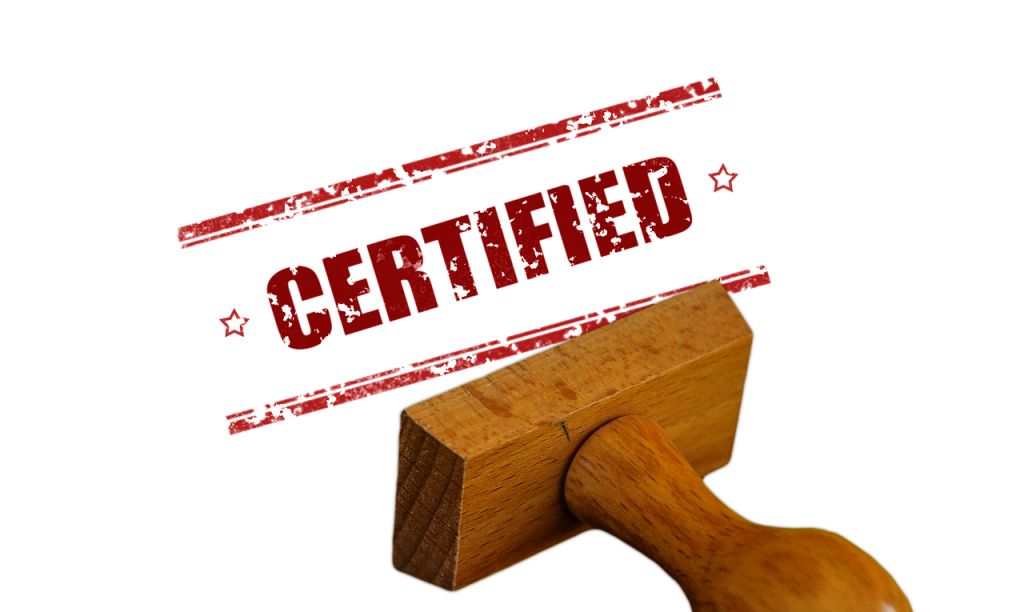1.2K


View (opens in a new tab) or Download the ATA61 Continuing Education Tracking Form.
For more information about Continuing Education credit, please visit the ATA61 website at www.ata61.org/cecredit/.
The following ATA61 sessions have been approved by CCHI for recertification:
- Sight Translation Techniques for the 21st Century (3 PB CE hrs)
- Advanced Research Skills for Medical Translators (3 CE hrs)
- Special Education Interpreting (3 CE hrs)
- Achieving Real Improvement in Your Simultaneous Interpreting (3 PB CE hrs)
- The Interpreting Games
- Cybersecurity
- Legal Translation in Plain Language
- Plain Language Strategies for Successful Communication
- Decoding German Buzzwords: ‘Digitalisierung’ and All Things 4.0
- Idioms, Expressions, and Sayings: What Lies Behind Them
- Playful Translation
- Challenges and Opportunities for Multilingual Voice Assistants
- Working Together: Finding Harmony in the Language Services
- From Little Fresh Meat to Oily Uncles: A Beginner’s Guide to Translating Chinese Internet Slang Terms
- Mastering Cultural Nuances in French: Identifying and Translating Regionalisms
- Translating Nonbinary Characters from English into Spanish
- Translating for the Pharmaceutical Industry and Language Access
- Legal Translation: How Hard Can It Be?
- Long Consecutive Interpreting: Memory and Notes, Part I (1 PB CE hr)
- Long Consecutive Interpreting: Memory and Notes, Part II (1 PB CE hr)
- Interpret Interpreting
- Academic and Popular-Academic Translation (German>English)
- The Challenge of Agreement in Proofreading
- Translation Scams
- Alternative Translation
- The Spanish Gerund: Advanced Guidelines for Effective Translation/Proofreading
- Interpreting for Workers’ Compensation Depositions
- Style is Everything: Tips for Polishing Your French>English Translations
- ISO 17100 and Beyond: ISO Standards for Translators and Interpreters
- Medical Reporting for Translators and LSPs: From Pharmacogenomics to Clinical Research Lay Summaries
- How Medical Interpreting Standards Can Shed New Light on Ethics for Court Interpreting
- Exploring Gender-Neutrality in Grammatically Gendered Languages
- Translation and Interpreting Services at the National Institutes of Health
- Hearing Impairment and Dual-Language Learning: The Interpreter’s Role
- Handling English for the 2020 Tokyo Olympics
- French>English Official Document Translation: From Attestation to Zoology
- Terminology of the Ears, Nose, and Throat
- The Benefits of a Lifetime in Professional Organizations
- The Power of ‘No’: Self-Confidence for Translators and Interpreters
- Language Access in a ‘New’ Big City, Part I
- Language Access in a ‘New’ Big City, Part II
- Untangling the Labyrinth of Immigration Proceedings for Interpreters
- Deposition Interpreting Workshop II
- Getting Started with Terminology Management
- Advocacy 101 for Independent Contractors: It’s Pretty Easy!
- No Longer the ‘Third Wheel’: Overcoming the Challenges of Working with Interpreters in the Mental Health Encounter, Part I
- No Longer the ‘Third Wheel’: Overcoming the Challenges of Working with Interpreters in the Mental Health Encounter, Part II
- Drugs, Medications, and Pharmacology: Implications for Spanish-Language Interpreters and English>Spanish Translators
- Inclusive English>French Translation for Human Resources in Francophone Europe and Canada
- Interpreter? Interrupter? How to Be an Effective Interpreter for Depositions
- Program Model: Workplace Spanish for Medical Interpreting, Part I
- Supporting and Sustaining Workplace Spanish for Medical Interpreting, Part II
- Immigration Terminology Traps
- Interpreting During Neuropsychological Evaluations
- Linguistic Validation: How Linguists Help Ensure Clinical Trial SuccessResearch Methods for Medical Terminology

